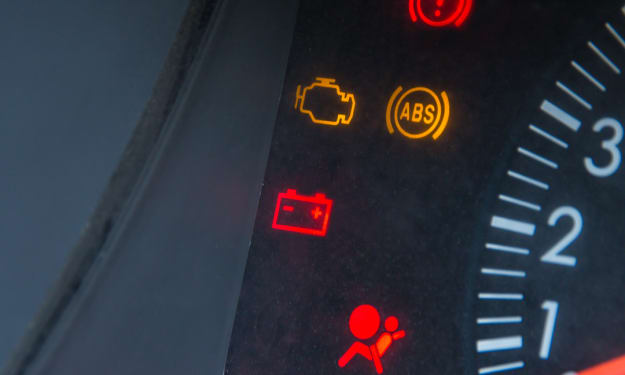Are Spark Plugs Used in Diesel Engines?
Although the query "Do diesel engines have spark plugs?" may appear to be a joke, it is likely that many people are unaware of the answer. They're also confused as to why. If you're still unsure after researching this topic, look online for a car service near me garage and chat with a professional technician or consult your vehicle's owner's manual.

Although the question "Do diesel engines have spark plugs?" may appear to be a joke, many people may be unsure of the answer. They also have no idea why.
Let's start with the function of the spark plug to get to the heart of the matter. A spark plug is a component of a spark-ignition engine that carries electric current from the ignition system to the combustion chamber. It uses an electric spark to start the combustion of the compressed fuel/air mixture, which then propels the car forward.
If you are still in doubt after reading this post, search online for a car service near me garage and speak with a professional car mechanic or you can always refer to the owner's manual of your vehicle.
Spark plugs are critical components of a petrol engine since they are required to start the vehicle. If spark plugs are so crucial, how many do a car have? The answer is 4 for a four-cylinder engine, 6 for a V6, and 8 for a V8, and so on.
Is it true that spark plugs are just as important in a diesel engine as they are in a petrol engine? The rest of the post will explain why.
Why are there no spark plugs in a diesel engine?
Let's take a look at the differences between the two engines to see why the diesel engine doesn't have spark plugs.
In that both are internal combustion engines, the diesel engine is similar to the petrol engine. Both engines, however, need distinct types of fuel, as their names suggest. There's more, though.
Diesel engines use a compression-ignited injection system, which differs from the spark-ignited system used in petrol engines. The type of fuel determines the differences in combustion systems. Diesel must first become atomized before it can ignite, but petrol can ignite in any form.
Diesel is injected into the engine's combustion chamber, where it is ignited at high temperatures, thanks to the compression-ignited system. The high temperature is caused by the engine piston compressing the gas. There is no need for a spark plug to start the engine because of the differences in combustion processes. So, instead of spark plugs, what does diesel have?
Instead, a glow plug is used in diesel engines. Each of the engine's cylinders has a glow plug, which is an electrical heating device. It has a heating element at the tip that, when heated, generates light (hence its name). When diesel is sprayed on the heated tip, it reacts with the compressed air, evaporates, and begins to burn.
It is vital that both spark plugs in petrol engines and glow plugs in diesel engines are in perfect working order all the time for your engine to be working correctly. This is the reason why it is recommended to search online for a full car service near me garage and schedule an appointment with a car mechanic to complete the necessary and manufactures recommended service.
The following are the reasons why a glow plug is used instead of a spark plug:
Less Volatility -
When the infusion of air and fuel occurs differently, diesel engines have high compression ratios. Because petrol is more prone to auto-ignite, it cannot achieve the same compression ratio. Diesel has a low self-ignition temperature because it is less volatile, allowing it to burn when sprayed on warm air. When a pressure stroke sucks air, a piston compresses it, causing the air to become heated. Because of the diesel's high compression ratio, it can be sprayed as droplets into the hot air. The diesel no longer requires a high temperature to auto-ignite due to its low volatility.
Auto-Ignition Temperature -
The temperature at which fuel begins to burn is referred to as the auto-ignition temperature. Diesel, unlike petrol, can quickly ignite due to its low auto-ignition temperature. As a result, the temperature created when air is squeezed in the cylinder is sufficient to ignite the atomized diesel. In contrast, with a petrol engine, the risk of engine knocking and explosion of the air-fuel mixture is significant. The reason for this is that petrol does not behave like diesel at high heat ratios, thus it will readily pre-ignite, causing engine knocks. Diesel burns easily without the use of a spark plug because it is less volatile and has a low auto-ignition temperature. So, since most diesel engines lack sparkplugs, do they have carburetors? No, that is not the case.
About the Creator
Car Services in Reading
Are you looking for a reputable and high-quality car garage in Reading ? Car Services in Reading is your one-stop shop for online garage services in Reading. Book online car repair services with us with confidence.






Comments
There are no comments for this story
Be the first to respond and start the conversation.